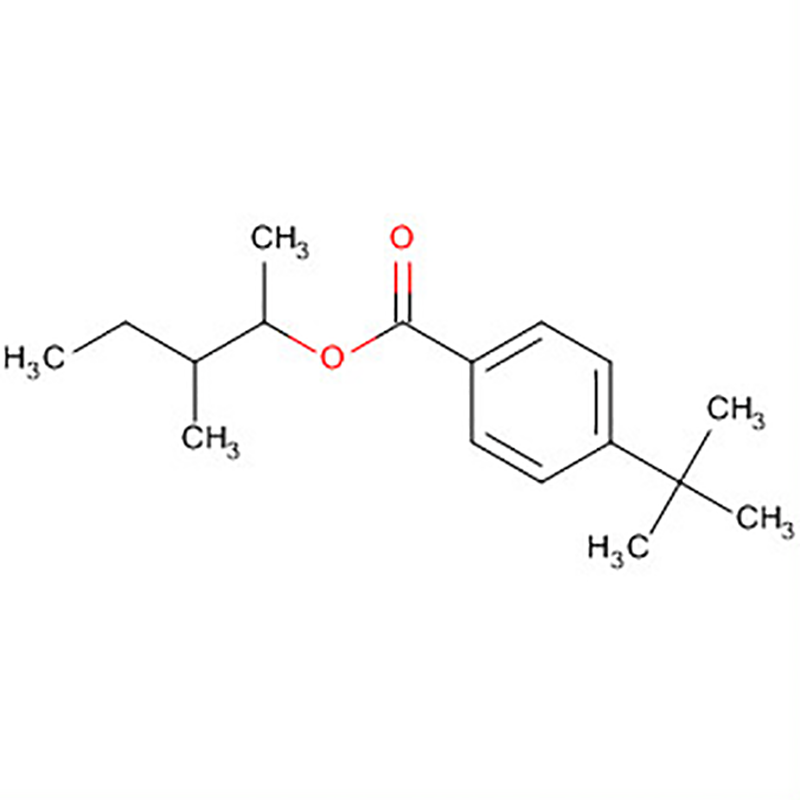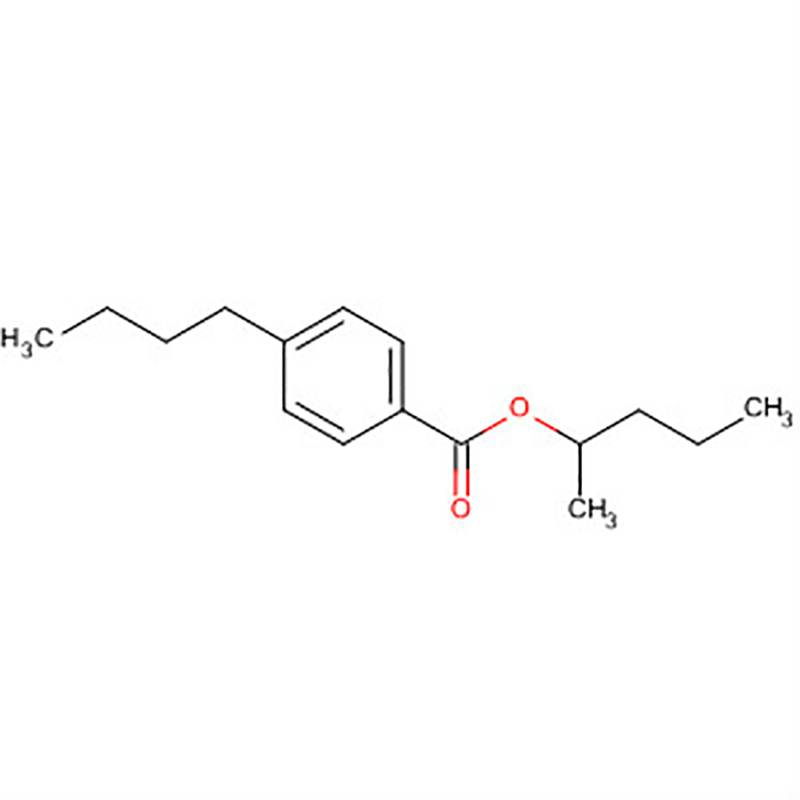-
Categories
-
Pharmaceutical Intermediates
-
Active Pharmaceutical Ingredients
-
Food Additives
- Industrial Coatings
- Agrochemicals
- Dyes and Pigments
- Surfactant
- Flavors and Fragrances
- Chemical Reagents
- Catalyst and Auxiliary
- Natural Products
- Inorganic Chemistry
-
Organic Chemistry
-
Biochemical Engineering
- Analytical Chemistry
-
Cosmetic Ingredient
- Water Treatment Chemical
-
Pharmaceutical Intermediates
Promotion
ECHEMI Mall
Wholesale
Weekly Price
Exhibition
News
-
Trade Service
[Pharmaceutical Network Market Analysis] The flow of talents in the pharmaceutical arena has become the norm
.
According to recent news, starting from February 22, 2022, Mr.
Qian Wei will be appointed as the general manager of Roche's China customer interaction business model - oncology, responsible for Roche's oncology (breast cancer treatment field, blood tumor treatment field, lung cancer treatment field) field and digestive tract tumor treatment field, southwest ecological group, northwest ecological group) work
.
And this is also the return of Qian Wei after leaving Roche and joining Junshi Bio at the end of June 2021
.
According to the data, Qian Wei has more than 25 years of rich experience in the pharmaceutical industry, and has worked in large multinational pharmaceutical companies such as Eli Lilly, AstraZeneca, and Roche
.
In September 2016, Qian Wei joined Roche as the General Manager of the Oncology First Division
.
On June 30, 2021, Qian Wei left Roche and joined Junshi in early July 2021 as the company's CCO, responsible for the company's commercialization planning and business operations
.
It is understood that Junshi Bio is the first local pharmaceutical company that Qian Wei joined.
The company was established in December 2012 and is an innovation-driven biopharmaceutical company
.
In 2020, Junshi Bio was successfully listed on the Science and Technology Innovation Board, becoming a "New Third Board + H shares + A shares" company
.
The 2021 performance report shows that Junshi Bio achieved an operating income of 4.
01 billion yuan, and the net profit before and after non-deduction in the same period was -740 million yuan and -920 million yuan respectively
.
The company is still losing money compared to 2020
.
In this regard, Junshi Bio's explanation is that the company's investment in research projects and reserve R&D projects continues to increase, and operating income cannot fully cover R&D investment after deducting product promotion, daily operation and other expenses
.
During the reporting period, the company's research and development expenses are expected to be about 2.
075 billion yuan, an increase of about 16.
70% compared with the same period of the previous year
.
On November 3, 2021, Junshi Bio announced that Qian Wei resigned, and the last working day is November 12, 2021
.
It only took more than 4 months from joining to leaving, which has also attracted attention and heated discussions in the industry
.
In fact, not only Qian Wei, but also Bian Xin, president of Roche China, worked in Janssen, Xi'an for 13 years, and then joined BeiGene, but only stayed for one year before returning to Roche China
.
On March 1, 2019, Ascletis announced that Li Zhengqing, the former global vice president of Merck & Co.
, became the company's chief medical officer and president of R&D in Greater China
.
But after just over 4 months, Li Zhengqing also returned to Merck
.
According to survey data, in 2020, 30% of talents who left multinational pharmaceutical companies joined local pharmaceutical and biotechnology companies, which has doubled from 15% in 2017
.
Behind this data, China's innovative drug industry is rapidly increasing due to the market and capital.
At the same time, innovative drugs "going to the sea" are emerging, and local pharmaceutical companies have a strong demand for high-level talents who are familiar with international backgrounds.
dig people"
.
So, what signal has been released behind the return of a group of local pharmaceutical executives to multinational pharmaceutical companies? The industry believes that whether medical talents stay or stay is often determined by multi-level and complex decision-making, and the decision-making of local companies and multinational pharmaceutical companies may be very different, which also makes foreign executives work in local pharmaceutical companies.
There is a situation of "unacceptable" such as values, culture, capital, etc.
, so the decision to leave is made
.
For local innovative drug companies, although the company may have recruited high-level talents, how to retain them is a question worth thinking about
.
In addition, the innovative drug market is actually changing.
Policies are guiding the innovative drug market to adjust and return to the value of innovative drugs.
How should innovative drug companies go in the future? I believe time will give the answer
.
Disclaimer: Under no circumstances does the information or opinions expressed in this article constitute investment advice to anyone
.
.
According to recent news, starting from February 22, 2022, Mr.
Qian Wei will be appointed as the general manager of Roche's China customer interaction business model - oncology, responsible for Roche's oncology (breast cancer treatment field, blood tumor treatment field, lung cancer treatment field) field and digestive tract tumor treatment field, southwest ecological group, northwest ecological group) work
.
And this is also the return of Qian Wei after leaving Roche and joining Junshi Bio at the end of June 2021
.
According to the data, Qian Wei has more than 25 years of rich experience in the pharmaceutical industry, and has worked in large multinational pharmaceutical companies such as Eli Lilly, AstraZeneca, and Roche
.
In September 2016, Qian Wei joined Roche as the General Manager of the Oncology First Division
.
On June 30, 2021, Qian Wei left Roche and joined Junshi in early July 2021 as the company's CCO, responsible for the company's commercialization planning and business operations
.
It is understood that Junshi Bio is the first local pharmaceutical company that Qian Wei joined.
The company was established in December 2012 and is an innovation-driven biopharmaceutical company
.
In 2020, Junshi Bio was successfully listed on the Science and Technology Innovation Board, becoming a "New Third Board + H shares + A shares" company
.
The 2021 performance report shows that Junshi Bio achieved an operating income of 4.
01 billion yuan, and the net profit before and after non-deduction in the same period was -740 million yuan and -920 million yuan respectively
.
The company is still losing money compared to 2020
.
In this regard, Junshi Bio's explanation is that the company's investment in research projects and reserve R&D projects continues to increase, and operating income cannot fully cover R&D investment after deducting product promotion, daily operation and other expenses
.
During the reporting period, the company's research and development expenses are expected to be about 2.
075 billion yuan, an increase of about 16.
70% compared with the same period of the previous year
.
On November 3, 2021, Junshi Bio announced that Qian Wei resigned, and the last working day is November 12, 2021
.
It only took more than 4 months from joining to leaving, which has also attracted attention and heated discussions in the industry
.
In fact, not only Qian Wei, but also Bian Xin, president of Roche China, worked in Janssen, Xi'an for 13 years, and then joined BeiGene, but only stayed for one year before returning to Roche China
.
On March 1, 2019, Ascletis announced that Li Zhengqing, the former global vice president of Merck & Co.
, became the company's chief medical officer and president of R&D in Greater China
.
But after just over 4 months, Li Zhengqing also returned to Merck
.
According to survey data, in 2020, 30% of talents who left multinational pharmaceutical companies joined local pharmaceutical and biotechnology companies, which has doubled from 15% in 2017
.
Behind this data, China's innovative drug industry is rapidly increasing due to the market and capital.
At the same time, innovative drugs "going to the sea" are emerging, and local pharmaceutical companies have a strong demand for high-level talents who are familiar with international backgrounds.
dig people"
.
So, what signal has been released behind the return of a group of local pharmaceutical executives to multinational pharmaceutical companies? The industry believes that whether medical talents stay or stay is often determined by multi-level and complex decision-making, and the decision-making of local companies and multinational pharmaceutical companies may be very different, which also makes foreign executives work in local pharmaceutical companies.
There is a situation of "unacceptable" such as values, culture, capital, etc.
, so the decision to leave is made
.
For local innovative drug companies, although the company may have recruited high-level talents, how to retain them is a question worth thinking about
.
In addition, the innovative drug market is actually changing.
Policies are guiding the innovative drug market to adjust and return to the value of innovative drugs.
How should innovative drug companies go in the future? I believe time will give the answer
.
Disclaimer: Under no circumstances does the information or opinions expressed in this article constitute investment advice to anyone
.







